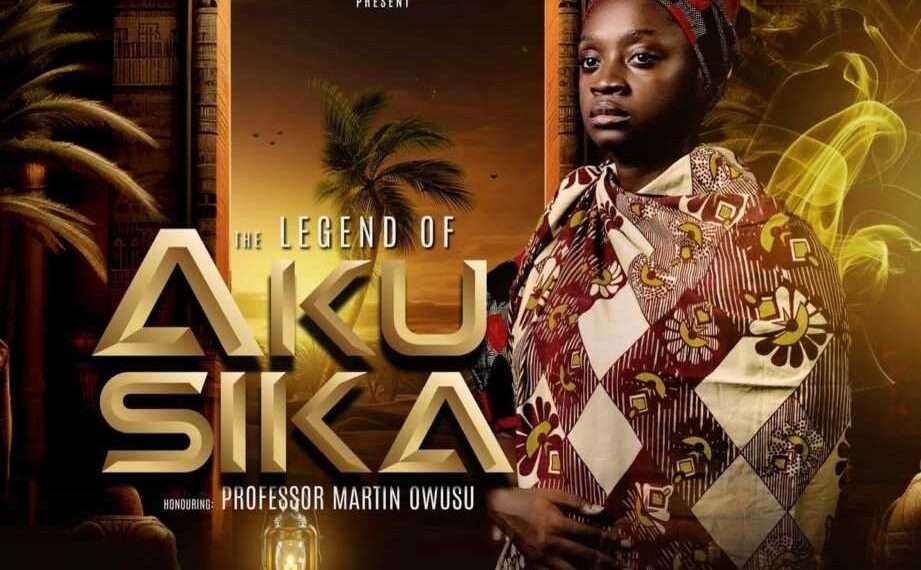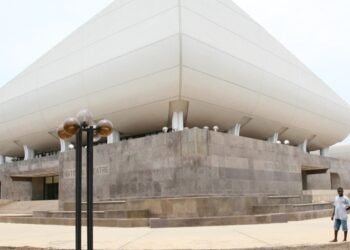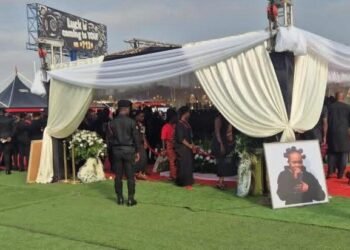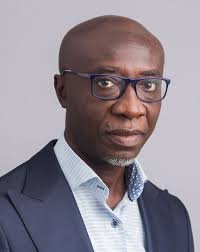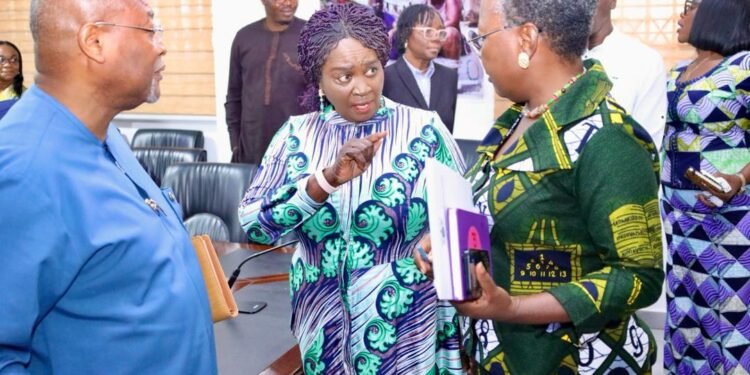The National Theatre of Ghana has been alerted to a potential copyright infringement concerning an upcoming play scheduled to be staged at the venue.
In a letter dated May 28, 2024, George Apraku Dentu claims that “The Legend of Aku Sika”, set to be performed at the National Theatre on June 1, 2, 8, and 9, 2024, is originally the creation of his father, L.D. Apraku.
“This is a dramatization of the novel Aku Sika written by the late L.D. Apraku. There has not been any contact of the performing group with the copyright owners of the novel ‘Aku Sika’.”
Part of the letter read
Speaking, Dentu mentioned the possibility that ‘The Legend of Aku Sika,’ written by Professor Martin Owusu, was inspired by his father’s book.
“I read online that the play which is about to be staged at the National Theatre is based on Nana Kwame Ampadu’s ‘Aku Sika’, and the song is based on the novel ‘Aku Sika’ written by my father.”
George Apraku Dentu
Asked if he had read Professor Martin Owusu’s version to ascertain if it bears any similarities with his father’s, he said “No, I haven’t read it. That is why I said ‘possible infringement’.”
‘The Legend of Aku Sika’ will be performed at the National Theatre in honor of the author, Professor Martin Owusu, a lecturer at the University of Ghana who has influenced generations of actors and theatre art professionals.
The play features actors such as Mawuli Semevor, Edinam Atatsi, Arnold Asamoah Baidoo, Roland Adom, Elvis Crystal, and Adomaa, among others.
George Quaye Reacts To Possible Copyright Infringement Lawsuit

George Quaye, the Team Lead for Image Bureau, clarified that Professor Martin Owusu based the story on a folktale, indicating that George Apraku Dentu’s father is not the original creator of the story.
He claimed that the original tale of ‘Aku Sika’ is a story.
“It is a folklore and it is one of those stories that you grew up hearing. And I have yet to identify any of these folkloric tales for which we have been given an owner.
“Indeed, stories do emanate from somewhere, but that is the beauty of oral tradition handed down from generation to generation.”
George Quaye
He further claimed that the play, which is a homage to Professor Martin Owusu, the oldest lecturer at the University of Ghana, is not intended for commercial gain but rather to honor his legacy.
Tackling claims that the play was an adaptation of the book, Quaye made a distinction between adapting a novel and drawing inspiration from other forms of creative work, such as screenplays.
“He must understand that a novel is not a play. Otherwise, they should probably be suing Nana Ampadu for doing the song as well. One does not adapt a novel. One draws inspiration from a novel to turn it into other works. Maybe a screenplay.
“Writing for the screen is not necessarily an adaptation. An adaptation occurs when one picks a work, and then either you are changing the timeframe or you are changing the cultural space within which it has been written.”
George Quaye
Quaye stated that he remains unfazed by the potential lawsuit, seeing it as a chance to educate the creative community and clarify intellectual property rights within the Ghanaian creative sector.
On the potential downtown of a lawsuit, George Quaye lamented a case where cultural artefacts would begin to be claimed by individuals, bringing a potential downturn for the cultural sector in Ghana.
“If we don’t take care, one day, someone may claim ‘all Kweku Ananse stories belong to me’ or ‘all the Adinkra symbols belong to me’. It is important to understand that in the creative space, there is a concept known as fair use.”
George Quaye
READ ALSO: NUGS Demands Payment of Unpaid Stipends for Ghanaian Students in Morocco

